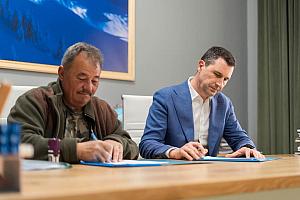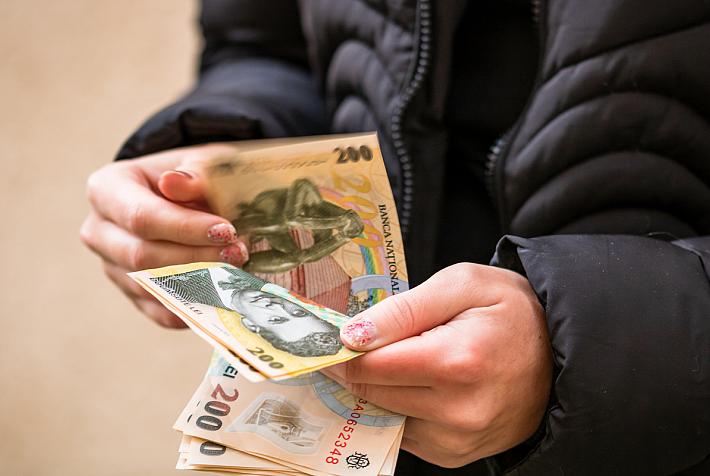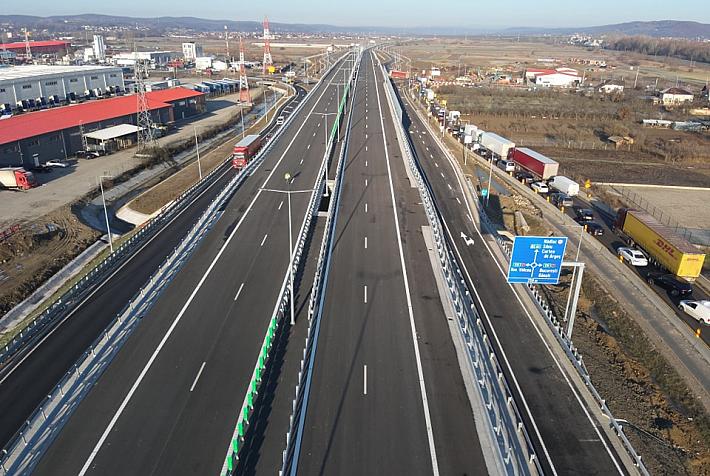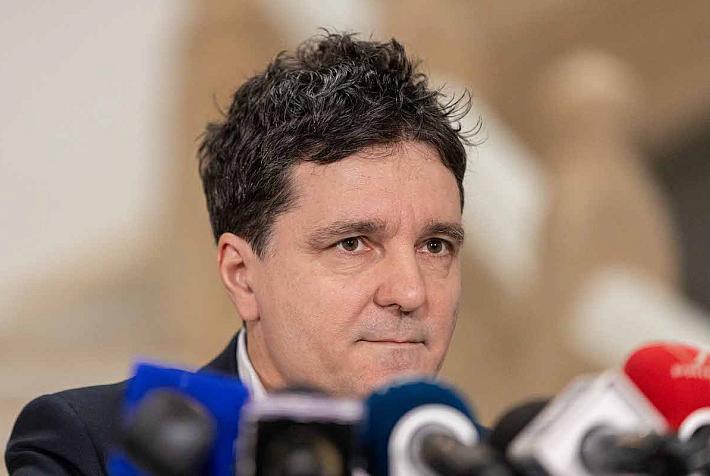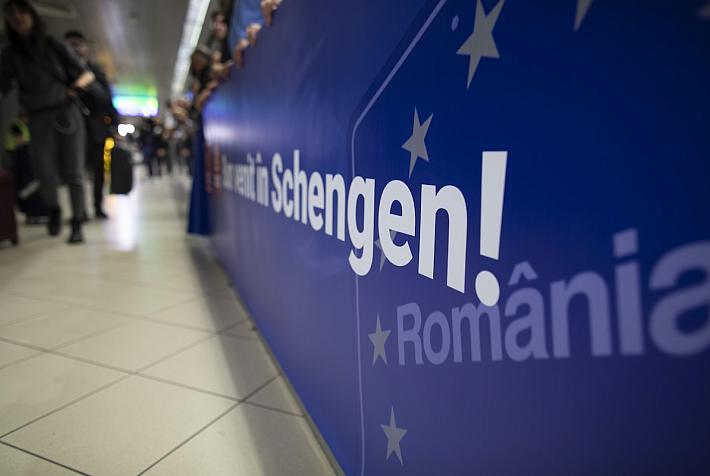Just launched, Romania has to curtail projects envisaged under Resilience Facility

Because Romania’s economic growth in 2020-2021 exceeded the assumptions used for the Resilience Facility project inked by the European Commission in the autumn of 2020, the grants earmarked for the country (EUR 14.2 bln) will be severely slashed: by EUR 2.1 bln, or 14.9% of the total.
Romania’s ministry of investments and European projects confirmed this on April 1, 2023 – although the update was operated, according to the Resilience Facility regulations, until June 30, 2022.
Romania is not a special case, and similar corrections were operated on the volume of grants made available to 21 EU countries. Based on the updated volume of grants available, the countries are supposed to update the structure of projects envisaged.
Romania has already selected projects that will no longer be financed by RRF grants, according to G4media.ro. Among them, the prehospital medical infrastructure project (EUR 315 mln), the green hydrogen infrastructure (EUR 515 mln) and the low-energy processors and semiconductor chips project (EUR 500 mln) will no longer be financed.
Furthermore, the value of the grants promised under the Resilience Facility was severely eroded by the high inflation and particularly high prices of construction materials and other commodities prices.
iulian@romania-insider.com
(Photo source: Marian Vejcik/Dreamstime.com)







